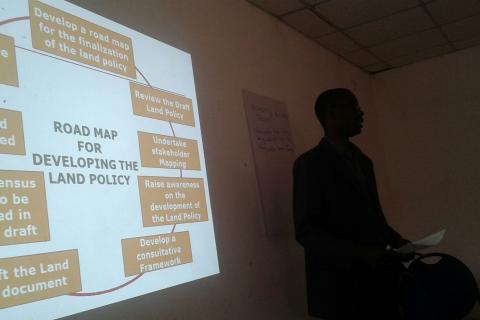Civil society organizations are key to creating better land policies: lessons from Zambia
In a blog series from IIED and the Land Portal, rights defenders and practitioners in the global South reflect on their strategies to push for more responsible and sustainable land-based investments. Here, guest blogger Jesinta Kunda describes how civil society organizations were key to improving Zambia’s first ever National Lands Policy.


